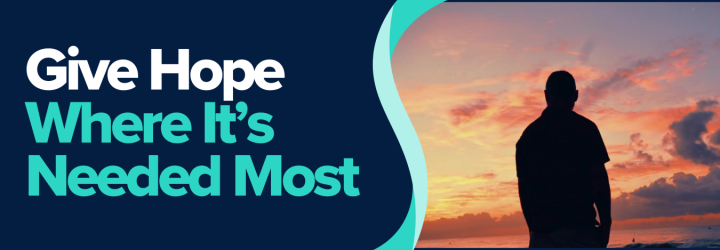President Biden Has Pardoned Simple Marijuana Offenses and Called for Review of Federal Law
President Biden announced a major executive action on drug policy.
Biden has granted a pardon to all people convicted of simple marijuana possession at the federal level and within the District of Columbia. This will impact more than 6,500 Americans, an official for the White House said. The President has also urged governors to follow suit and issue pardons to those convicted of marijuana possession at the state level.
In addition, Biden tapped Attorney General Merrick Garland and Secretary of Health and Human Services Xavier Becerra to review and potentially amend how marijuana is scheduled federally.
Marijuana is currently identified as a Schedule I narcotic, meaning it’s considered to have the highest potential for misuse and no medical value. This conflicts with how marijuana is handled in states, where it is increasingly legal for medical and recreational use.
According to the ACLU, Black people are four times more likely to be arrested for marijuana possession than white people, even though both groups use the drug at similar rates.
“Sending people to prison for possessing marijuana has upended too many lives and incarcerated people for conduct that many states no longer prohibit,” Biden said.
“Criminal records for marijuana possession have also imposed needless barriers to employment, housing, and educational opportunities,” the president continued. “And while white and Black and brown people use marijuana at similar rates, Black and brown people have been arrested, prosecuted, and convicted at disproportionate rates.”
Punishment (criminal or otherwise) for people who use drugs does not reduce drug use, substance use disorders, or overdose rates. Learn more about the impact of criminalization, and learn how marijuana affects the body and how to effectively treat a marijuana use disorder.


